Table of Contents
Introduction to Low Country Boil Recipe
Low Country Boil, also known as Frogmore Stew, is a traditional seafood boil originating from the coastal regions of South Carolina and Georgia. This dish features a flavorful blend of shrimp, smoked sausage, corn, potatoes, and other seasonal ingredients boiled together with a seasoned broth. Unlike slow-cooked dishes, Low Country Boil is prepared by boiling ingredients at high heat for a short time to preserve freshness and texture. It's a beloved Southern classic that brings people together for gatherings and celebrations.
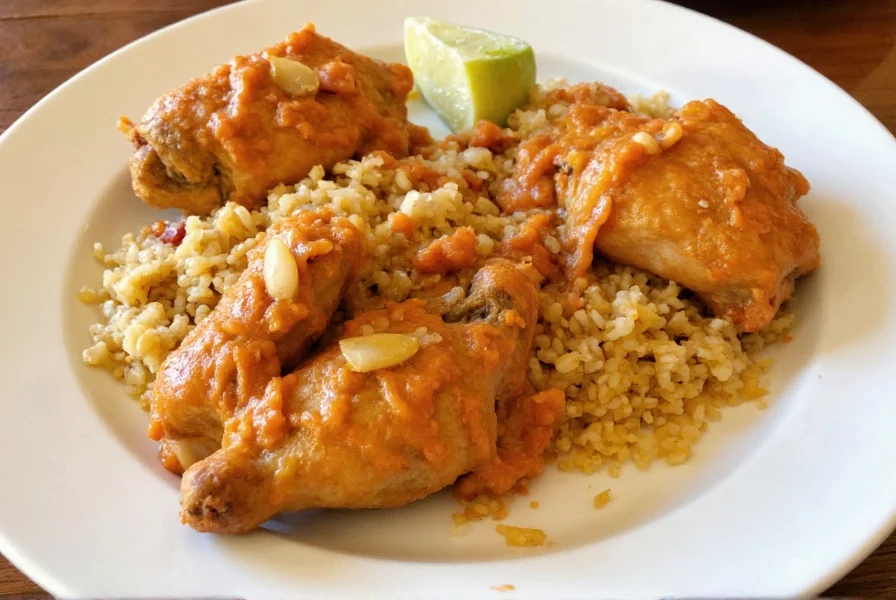
Spice Basics: What You Need to Know
The signature flavor of Low Country Boil comes from its seasoning blend. The primary spice mix used is Old Bay Seasoning, a classic blend developed in Maryland that includes celery salt, paprika, red pepper, and other spices. Here's what you need to know:
- Old Bay Seasoning: The essential base for authentic Low Country Boil. Provides a balanced blend of savory, spicy, and herbal notes.
- Cajun Seasoning: Optional addition for extra heat and depth. Use sparingly to avoid overpowering the dish.
- Bay Leaves: Adds subtle earthy notes when simmered in the broth.
- Lemon Slices: Fresh lemon juice and slices brighten the flavors and complement the seafood.
- Garlic Powder: Enhances the savory profile without overpowering the dish.
For the most authentic taste, stick to Old Bay as your primary seasoning. Avoid cumin, oregano, or other spices commonly used in other cuisines—they don't belong in a traditional Low Country Boil.
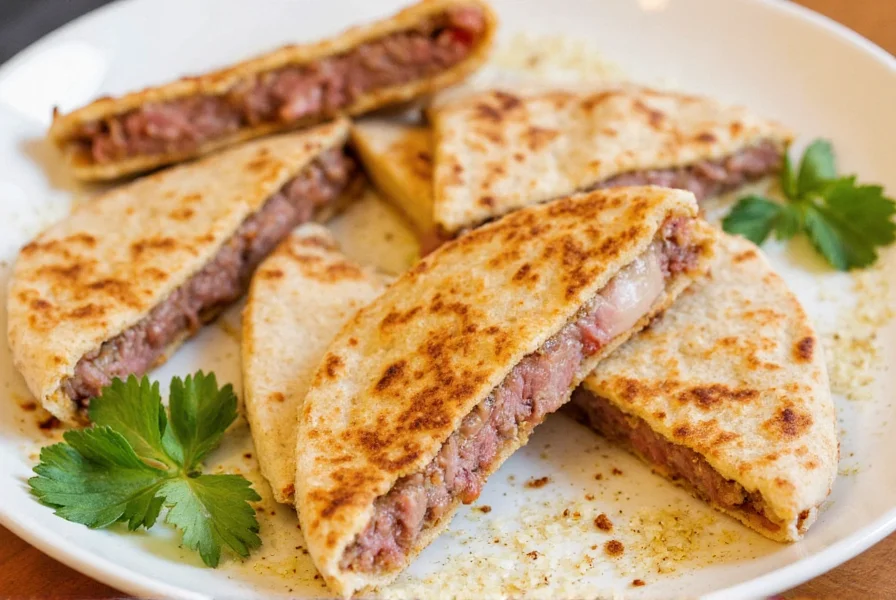
Top 10 Practical Tips for Mastering the Low Country Boil Recipe
Follow these expert tips to create an authentic Low Country Boil that impresses your guests:
- Use a Large Stockpot: You'll need at least an 8-quart pot to accommodate all ingredients without overcrowding.
- Boil in Stages: Add potatoes first (15-20 minutes), then sausage and corn (5-7 minutes), and finally shrimp (3-5 minutes). This prevents overcooking seafood.
- Season the Water Properly: Add 1/2 cup Old Bay seasoning per gallon of water. Taste the broth before adding ingredients to ensure proper seasoning.
- Don't Overcook Shrimp: Shrimp cooks quickly—remove them as soon as they turn pink and opaque to avoid rubbery texture.
- Add Fresh Lemon Juice: Squeeze fresh lemon juice over the finished dish for brightness and balance.
- Use Fresh Ingredients: Fresh shrimp, corn, and potatoes make a noticeable difference in flavor and texture.
- Include a Variety of Proteins: Traditional recipes often include smoked sausage, shrimp, and sometimes crab legs or crawfish.
- Serve Immediately: Low Country Boil is best enjoyed right after cooking when ingredients are hot and flavorful.
- Provide Napkins and Gloves: This is a messy, hands-on dish! Prepare plenty of paper towels and disposable gloves for guests.
- Pair with Classic Sides: Serve with cornbread, coleslaw, or a simple green salad to complement the rich flavors.
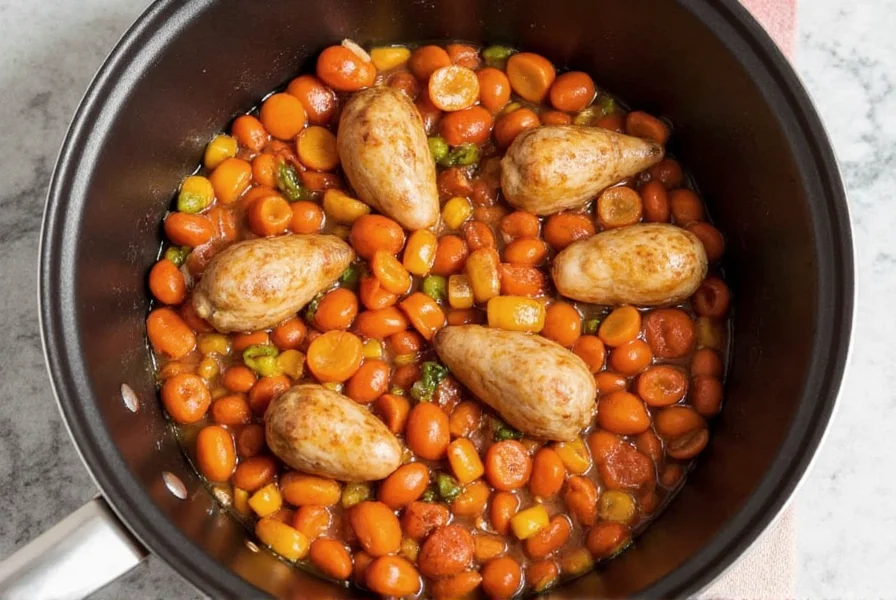
Buying Guide: Choosing the Right Ingredients and Tools
Having the right ingredients and equipment makes all the difference in your Low Country Boil. Here's what to look for:
| Ingredient | Best Use | Recommended Brand | Price Range |
|---|---|---|---|
| Old Bay Seasoning | Essential seasoning base | Old Bay | $3–$5 |
| Smoked Sausage | Primary protein | Andouille or Kielbasa | $5–$8 |
| Shrimp | Main seafood component | Frozen wild-caught (16/20 count) | $10–$15 |
| Yellow Potatoes | Starchy base | Russet or Yukon Gold | $2–$4 |
| Corn on the Cob | Classic addition | Fresh or frozen | $3–$6 |
When selecting ingredients, prioritize freshness and quality. For shrimp, choose wild-caught over farmed for better flavor. For sausage, smoked varieties like Andouille or Kielbasa work best.
Cooking Tools
Essential tools for perfect Low Country Boil:
- Large Stockpot (8-12 quarts): Needed for boiling large quantities of ingredients.
- Colander or Spider Strainer: Makes it easy to lift ingredients out of the pot.
- Long-Handled Tongs: For safely handling hot ingredients.
- Thermometer: To check shrimp doneness (145°F internal temperature).
- Outdoor Burner (Optional): For large gatherings, use a propane burner for quick boiling outdoors.
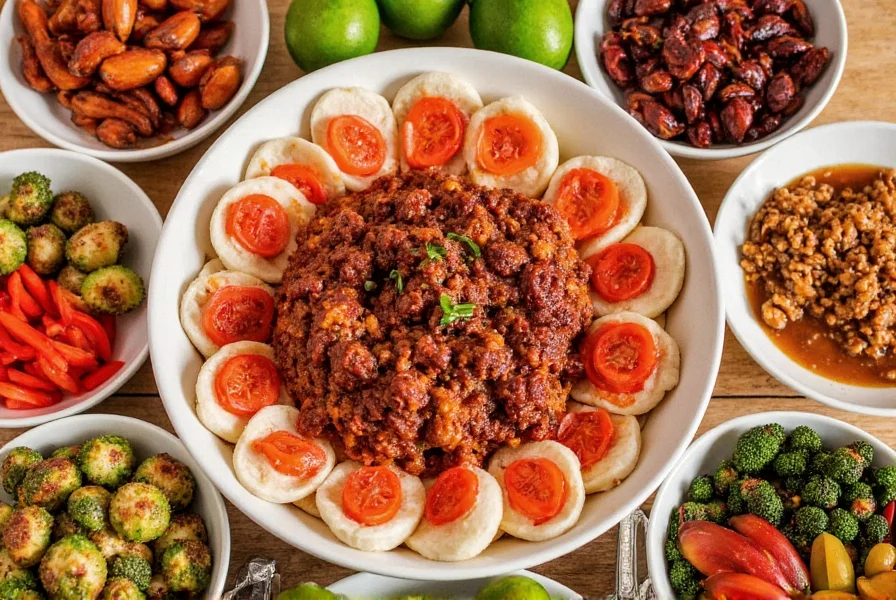
Recommended Products
- Old Bay Seasoning – The authentic choice for this dish.
- Cast Iron Dutch Oven – Great for even heat distribution if cooking indoors.
- Outdoor Propane Burner – Perfect for large-scale boiling events.
- Seafood Boil Bags – Convenient for easy cleanup after cooking.
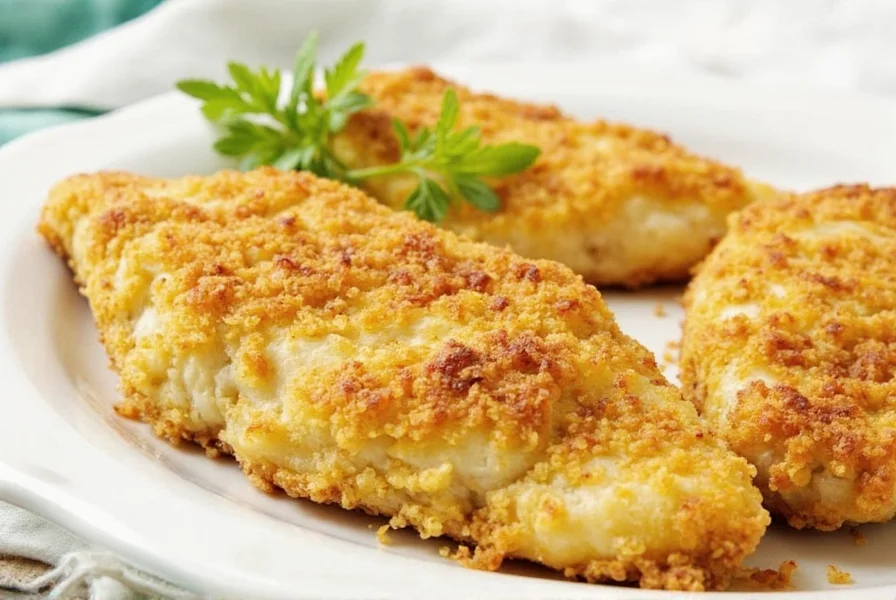
Conclusion
Low Country Boil is more than just a meal—it's a celebration of Southern coastal culture and community. By using authentic ingredients, proper cooking techniques, and the right seasonings, you can recreate this iconic dish with confidence. Remember: the key to success is balancing simplicity with quality ingredients. Don't overcomplicate it—focus on fresh shrimp, smoked sausage, and the classic Old Bay seasoning.
Whether you're cooking for a backyard gathering or a family dinner, Low Country Boil delivers unforgettable flavor and fun. So grab your ingredients, fire up the pot, and enjoy the taste of the Low Country!
Frequently Asked Questions
What is Low Country Boil?
Low Country Boil (also called Frogmore Stew) is a traditional seafood boil originating from the coastal regions of South Carolina and Georgia. It features shrimp, smoked sausage, corn, potatoes, and other ingredients boiled together in a seasoned broth. The name comes from the "Low Country" geographic region, not the cooking method.
How is Low Country Boil different from other boils?
Unlike crawfish boils (Louisiana-style) or crab boils, Low Country Boil specifically uses shrimp and is seasoned primarily with Old Bay. It's cooked at high heat for a short time (not slow-simmered) to preserve seafood texture. The dish is also traditionally served family-style on newspaper-covered tables.
What meats work best in Low Country Boil?
Smoked sausage (Andouille or Kielbasa) is traditional, along with shrimp as the main protein. Some variations include crab legs, crawfish, or clams. Avoid chicken or pork—these aren't part of the authentic recipe.
How long should Low Country Boil cook?
Potatoes cook for 15-20 minutes, sausage and corn for 5-7 minutes, and shrimp for 3-5 minutes. Total cooking time should not exceed 30 minutes. Overcooking seafood makes it tough and rubbery.
Can I make Low Country Boil in a slow cooker?
No. Slow cookers don't reach the high heat needed for proper boiling. Low Country Boil must be cooked in a large pot on high heat to achieve the right texture and flavor. A slow cooker would result in a stew-like dish, not an authentic boil.
What are traditional sides for Low Country Boil?
Classic sides include cornbread, coleslaw, and hushpuppies. Many people serve it with melted butter for dipping shrimp. A simple green salad or fresh fruit provides refreshing contrast to the rich flavors.
How do I store and reheat Low Country Boil?
Store leftovers in an airtight container in the refrigerator for up to 2 days. Reheat gently in a pot with a splash of water to restore moisture. Avoid microwaving as it makes seafood rubbery. Note: Leftovers don't taste as good as fresh—this dish is best enjoyed immediately.
Can I freeze Low Country Boil?
Freezing isn't recommended. The texture of seafood and potatoes deteriorates significantly when frozen and thawed. For best results, prepare and serve immediately. If you must freeze, do so without seafood and add fresh shrimp when reheating.

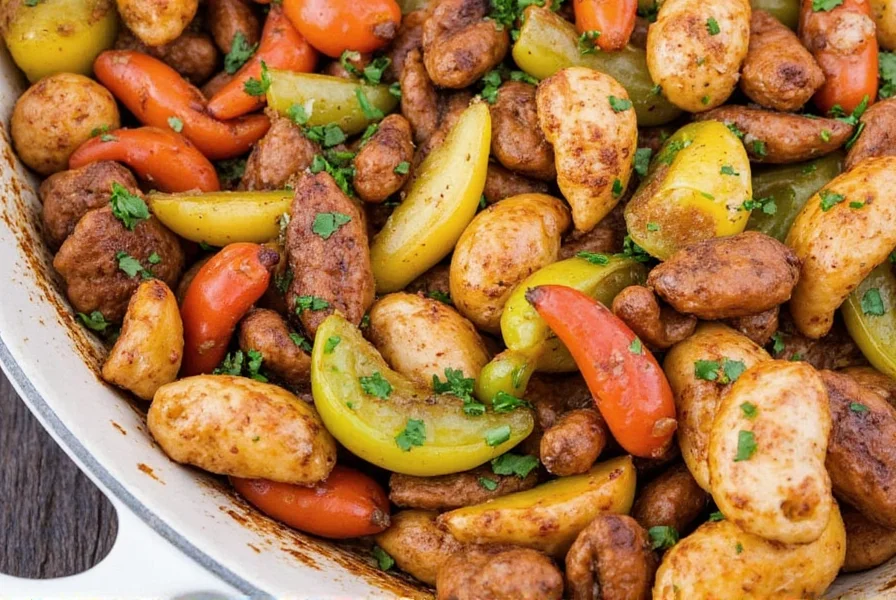









 浙公网安备
33010002000092号
浙公网安备
33010002000092号 浙B2-20120091-4
浙B2-20120091-4